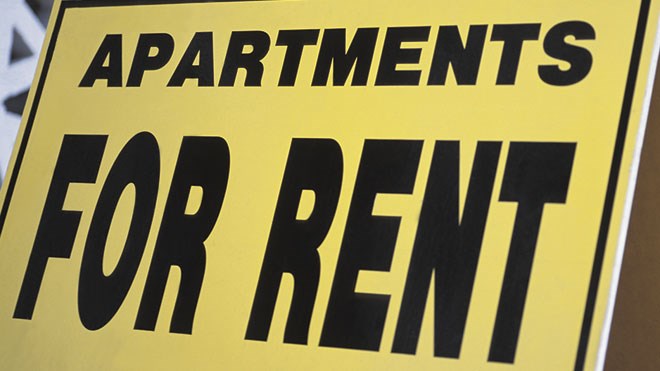While I have not always agreed with him, I must now commend our MLA and Energy Minister Glenn Thibeault in his quest to seek justice and the rule of accountability for an organization dealing with the working class, as well as disadvantaged people, presently with no manner of redress when wronged.
Under the present Ontario Cooperative Corporations Act, RSO 1990, Chapter 35, wage earners and retirees seeking to make ends meet through affordable housing with a local co-operative housing association, must apply for membership to that co-operative. The membership application, comprised of only a name, address and telephone number, is then reviewed by the co-operative’s membership approval committee. If initially approved, an interview follows.
The Cooperative Housing Federation of Canada and ICA Housing on their website now recommend that such committees be staffed with professional persons or property management companies, as such local boards “staffed solely by volunteer members is now discouraged as it has led to many cases of poor management outcomes.”
Section 61 of the abovementioned Cooperative Act dealing with membership approval merely states that the application must be approved by the directors, with absolutely no mention of accountability.
These directors, often only three people, make their confidential, in-camera accept/reject decisions devoid of any review, or any avenue of appeal or redress if the application was denied for clandestine reasons of ageism, racism, gender discrimination, homophobia, sexual orientation, ancestry, or for reasons of unsubstantiated gossip, innuendos, cronyism, belonging to the wrong political party, or for any reason at all — since the local co-operative answers only to itself.
Often, the applicants are not even interviewed, but summarily rejected after the directors read their application containing only their names and contact information. Surely, there must be reasons for such summary rejections, but are they legitimate? Such confidential decisions are not shared with the general membership, the only other body they must answer to.
Applying to the local co-operative board of directors for a review of the same board members’ earlier decision, guarantees a confirmation of their decision.
Both the Ontario Cooperative Association and the Cooperative Federation of Canada say that they have no authority or responsibility to review such decisions, or to intervene in the local administration of co-operatives. That is probably the reason why they are now recommending that professional agencies be hired to administer these co-operatives.
What is needed, in my opinion, is an amendment to the Ontario Cooperative Corporations Act; whereby, such decisions made by local co-op boards regarding membership approval or any personnel matter, if challenged, be reviewed by a higher office, ombudsman or government agency, while maintaining the required confidentiality. It must not only be done correctly – it must appear to be done correctly.
Minister Glenn Thibeault has recognized this glaring flaw of unfairness and lack of accountability in the Cooperative Corporations Act and has referred the issue to the Minister of Housing, Chris Ballard, for further consideration.
Nothing can now be done for the unknown number of retirees or workers who have been denied affordable co-operative housing for the wrong reasons. Hopefully, the Ontario government will move to enact a legislative amendment to plug this glaring possibility for some volunteer committees to deny any future deserving and upright applicants their basic human rights.
Tip of the hat to Minister Glenn Thibeault for taking up this worthwhile cause of basic justice.
Although most local co-operative boards surely are honest and upright in their dealings, the possibility of wrongdoing is there because of a missing accountability check in the system
Simon R. Guillet
New Sudbury
